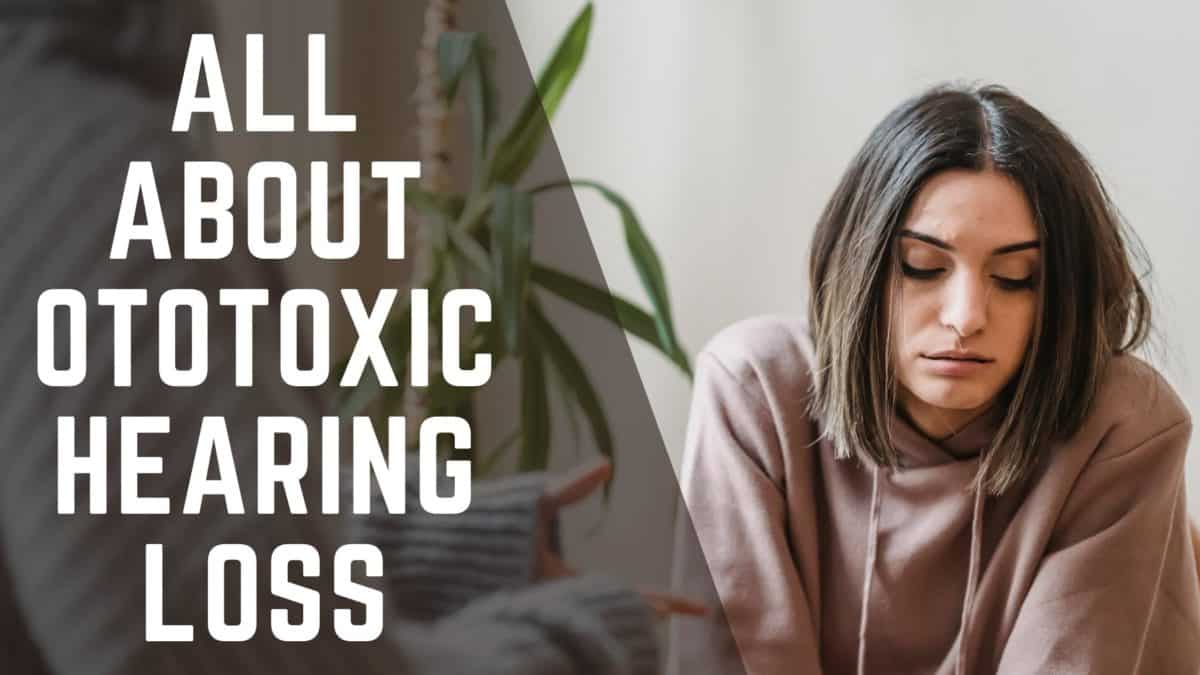
All About Ototoxic Hearing Loss
Hearing loss comes in many shapes and sizes. Though the most common forms of loss come through natural processes deep in the inner ear, they are not the only way hearing loss can occur. Indeed, the substances and chemicals that we interact with can have effects throughout our bodies, and the ears are not exempt. Ototoxic hearing loss occurs when a person encounters certain substances, chemicals, or medications that have this effect on the inner ear. The tiny hairlike organelles in the cochlea, called stereocilia, are responsible for the last moment in the process of transforming the pressure waves of sound in the air into an electrical impulse that can be sent to the brain through the nervous system.
This crucial moment in the process is quite fragile, however. When these tiny parts of the body are affected by too much sound pressure, a lack of oxygen, or other irregularities, they can become bent, broken, or damaged. One of the other ways that the stereocilia can be damaged is through exposure to ototoxic substances. Let’s take a moment to explore the different ways that ototoxic chemicals can cause hearing loss, what exactly are the common ototoxic substances, and what you can do to preserve your hearing ability.
Ototoxic Medications
Although they come in many forms, the most common ototoxic substances are medications. Many of the lifesaving pharmaceuticals that have been developed also have side effects. Anyone who has seen a commercial for a new pharmaceutical will know how many side effects can be associated with a medication that does good for the body in another form. Ototoxicity is often one of these side effects. Not all people who use these medications will have hearing loss, but there can be a higher chance of hearing loss for those who use the medication than those who do not.
How can you decide if the medication is right for you? A conversation with your doctor is the best place to start. In some cases, the benefits of the medication far outweigh the possibility of ototoxic hearing loss. Consider some chemotherapy medications that can have ototoxic effects. The possibility that these life-saving medications could send cancer into remission is an undeniable benefit. However, in the case of other medications, the balancing act of cost and benefit might be more difficult to discern. If you are concerned about ototoxic effects of your medication, don’t hesitate to contact your doctor for a frank conversation about what you gain and what you lose through your medications. Of course, reading the list of side effects associated with each medication is a crucial step in the process of knowing these risks, so take a careful look at your labels from the pharmacist.
Other Ototoxic Substances
Medications are not the only ototoxic substances you may encounter. Some chemicals used in heavy industry can have an ototoxic effect of causing hearing loss, even when they are not ingested. The Occupational Safety and Health Administration (OSHA) is tasked with regulating the use of ototoxic substances in workplaces, but some industrial processes require their use. Take a moment to have a conversation with your manager or health and safety specialist at work if you are concerned about the substances in your place of work.
It is important to get regular hearing tests if you are at risk of work-related noise exposure, but noise is not the only risk that you might encounter on the job. Indeed, even some harsh chemicals used in cleaning can have ototoxic effects, so don’t forget to check the list of potential risks associated with these solutions. If potential hearing loss is listed there, don’t hesitate to explore other cleaning options.
Conferring with your manager is the best first step to find out if you can eliminate ototoxic substances from your work routine. Getting regular hearing tests is a great way to track the progression of your hearing ability, ensuring that you are not losing any hearing sensitivity due to workplace activity. Setting an annual baseline for your hearing ability is a wise idea, particularly if you are concerned about ototoxic substances at work. Don’t put off getting your test!
